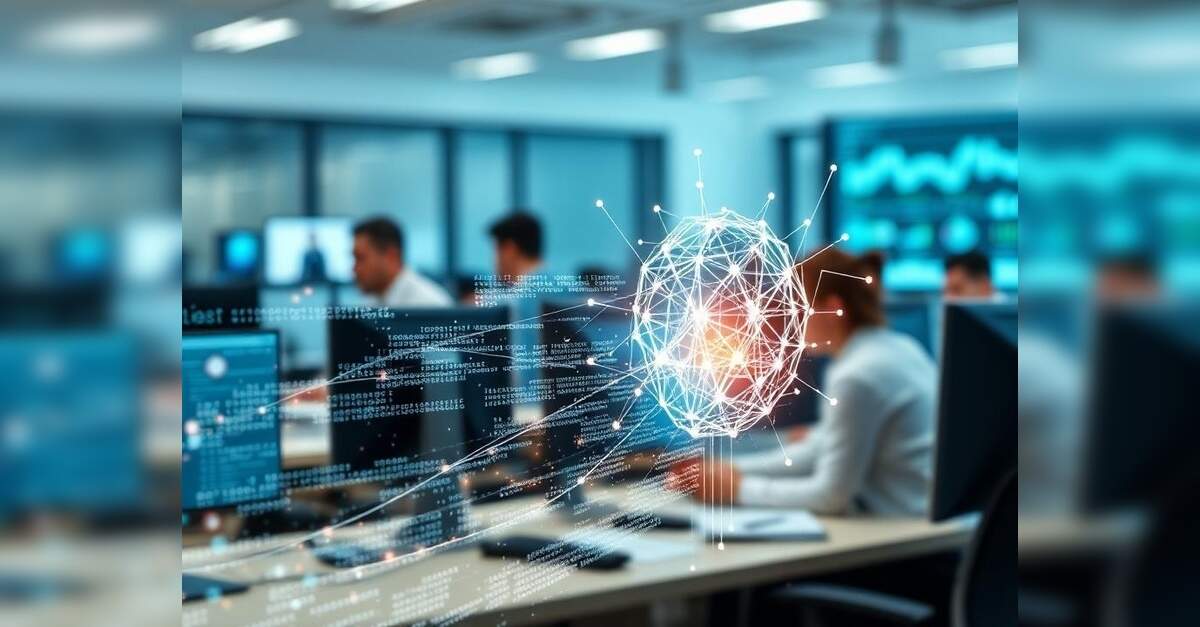Google CEO Sundar Pichai States AI Not Yet Replacing Coders

Google CEO Sundar Pichai recently offered insights into the impact of artificial intelligence on the coding profession, particularly addressing the question of whether AI will replace human coders. In an interview with Lex Fridman, Pichai conveyed an optimistic perspective, suggesting that AI tools, such as Google's Gemini, are set to augment rather than obsolete programmers, a sentiment echoing the notion that AI is not yet ready to replace coders.
Pichai emphasized that AI is instrumental in freeing individuals from repetitive and time-consuming aspects of coding, thereby allowing them to concentrate on more meaningful and creative work. He explained that this shift consequently expands the "opportunity space" for innovation and problem-solving. While acknowledging the enjoyable facets of coding, Pichai pointed out that it also involves considerable monotonous labor, which AI can help alleviate.
“But it (AI) hopefully takes a lot of that away, makes it even more fun to code, frees you up more time to create, problem-solve, brainstorm with your fellow colleagues, and so on. So, that's the opportunity there,” Pichai stated. This liberation of time and cognitive resources is seen as a significant benefit, fostering a more engaging and productive coding environment.
Reaffirming Google's stance on its workforce, Pichai confirmed that the company plans to continue hiring engineers. He further elaborated on AI's empowering potential, saying, “I think it'll attract, it'll put the creative power in more people's hands, which means people create more, that means there'll be more engineers doing more things.” This suggests a future where AI facilitates an increase in both the number of creators and the scope of their engineering endeavors.
Within Google itself, Pichai revealed that AI currently assists in writing approximately 30% of the company's code. However, he highlighted that the more critical measure of AI's success is its contribution to "engineering velocity." Engineering velocity, defined in the discussion as "a measure of the speed and efficiency with which software development teams deliver new features, bug fixes, and improvements, according to Metridev, a metrics platform for tech companies to improve their engineering workflow," has seen a notable increase. “But the most important metric, and we carefully measure this, how much has our engineering velocity increased as a company due to AI. And it's tough to measure, and we rigorously try to measure it. And our estimates are that number is now at 10%,” Pichai disclosed.
In his concluding remarks, Pichai reiterated his belief that AI tools are not positioning to replace developers. Instead, he sees a scenario where professionals “adopt these tools and become better programmers.” This adoption is expected to lead to enhanced skills and greater overall efficiency within the technology workforce.









